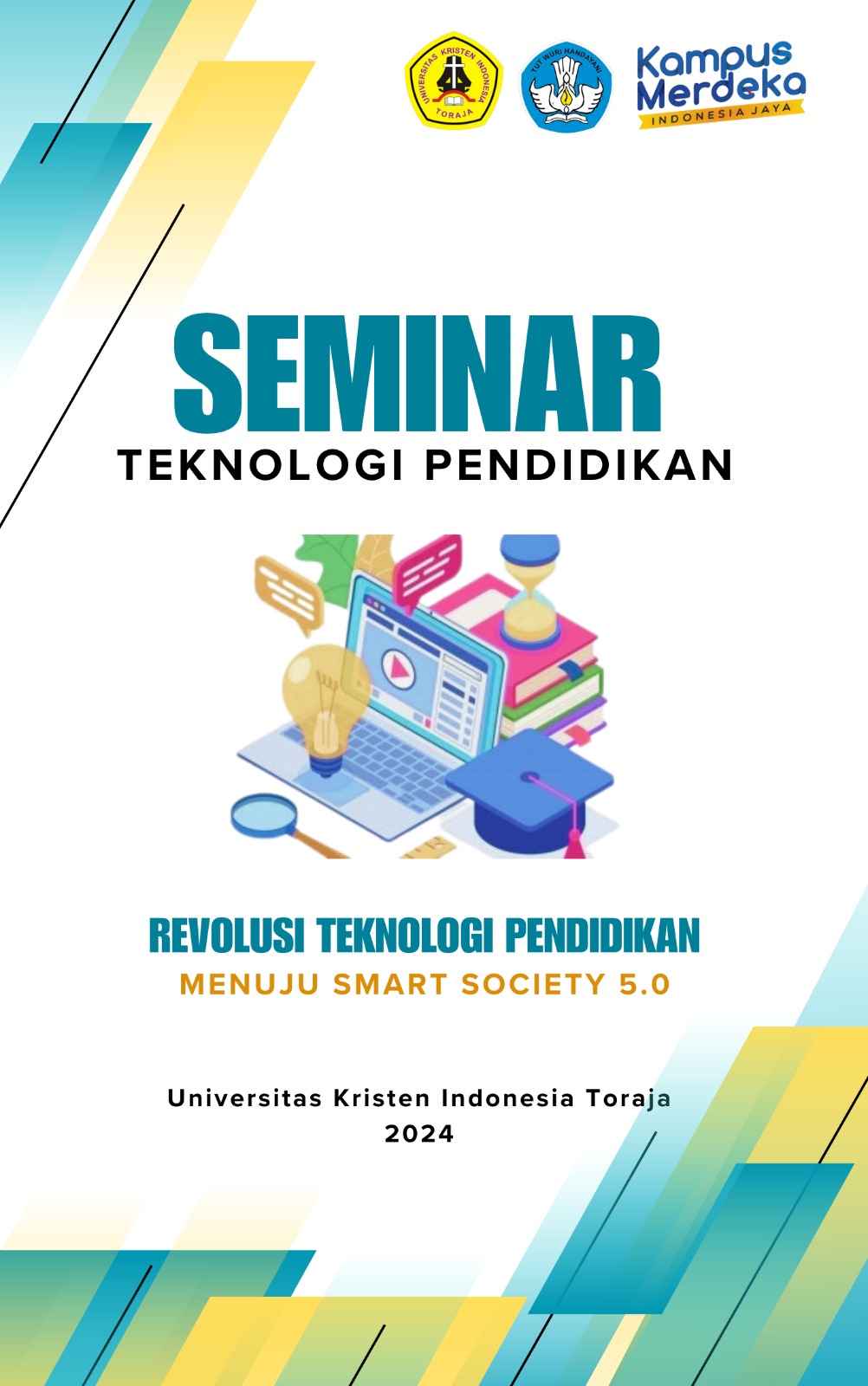Microlearning: Revolusi Desain Learning Object di Era Digital
DOI:
https://doi.org/10.47178/g47vav32Keywords:
Student Involvement; Learning Objects; Microlearning; Digital EducationAbstract
Advances in digital technology have changed the way modern society learns, creating the need for flexible, concise and relevant learning methods. One approach that has emerged is small unit-based learning or microlearning, which allows the delivery of material in a concise manner and focuses on one topic, making it more accessible to students. This research examines the effectiveness of microlearning in increasing engagement and retention of information in digital educational environments. Using a quantitative survey method, this research involved 30 students who were experienced in digital learning. Data was collected through questionnaires and analyzed with descriptive statistics and simple linear regression to determine the effect of microlearning on engagement and information retention. The results show that microlearning can increase student engagement with an average score of 4.3 and information retention of 4.1 on a 5 point scale. In conclusion, microlearning is proven to be effective in creating interactive learning experiences, overcoming cognitive load, and increasing students' information retention, which makes it a potential learning strategy to be implemented in formal and informal education in the digital era.
References
Sampelolo, H,. (2024). Effectiveness Of Using Information Technology In Learning Case Study Of Interactive Learning System In Class A. Klasikal: Journal of Education, Lauguage Teaching and Science, 6(2).
Handy, Z. N., Usman, F., Hasni, M., & Pertiwi, A. (2022). Monograf Konsep Pengembangan Multimedia Pembelajaran Komputer Grafis. 9–25.
Hasni, S,. (2023). Analysis Performance System Learning Based On Games For Students Of Educational. Klasikal: Journal Of Education, Language Teaching And Science., 5(3), 639–644.
H., N., Febriati, F., & Ervianti, E. . (2021). The Impact of Computer-based Test and Students’ Ability in Computer Self - Efficacy on Mathematics Learning Outcomes. Journal of Education Technology, 5(4). https://doi.org/10.23887/jet.v5i4.34942
Arismunandar, A., Wahed, A., Ervianti, E., & H, N. (2023). A Transformational Leadership Of Private High School Principals In Makassar City. International Journal of Education, 16(2), 123–134.
Clark, R. C., & Mayer, R. E. (Eds.). (2016). e?Learning and the Science of Instruction. Wiley. https://doi.org/10.1002/9781119239086
Dolasinski, M. J., & Reynolds, J. (2020). Microlearning: A New Learning Model. Journal of Hospitality & Tourism Research, 44(3), 551–561. https://doi.org/10.1177/1096348020901579
Era. (2024). MICROLEARNINGSEBAGAI SOLUSI PENGEMBANGAN KOMPETENSI KARYAWAN DI ERA INFORMASI YANG CEPAT BERUBAH. 9(4).
Fidan, M. (2023). The effects of microlearning-supported flipped classroom on pre-service teachers’ learning performance, motivation and engagement. Education and Information Technologies, 28(10), 12687–12714. https://doi.org/10.1007/s10639-023-11639-2
Lee, Y.-M. (2023). Mobile microlearning: a systematic literature review and its implications.
Interactive Learning Environments, 31(7), 4636–4651. https://doi.org/10.1080/10494820.2021.1977964
Mishra, S. (2017). Book Review – Mobile Learning: A handbook for educators and trainers (by A. Kukulska-Hulme and J. Traxler). The International Review of Research in Open and Distributed Learning, 8(2), 6–8. https://doi.org/10.19173/irrodl.v8i2.437
Park, Y., & Kim, Y. (2018). A Design and Development of micro-Learning Content in e- Learning System. International Journal on Advanced Science, Engineering and Information Technology, 8(1), 56. https://doi.org/10.18517/ijaseit.8.1.2698
Simanjuntak, F. P., & Haris, D. (2023). Development of Digital-Based Learning Modules Using the Microlearning Method to Improve Mathematical Literacy Skills for 7th Graders at SMP
Swasta Bina Bersaudara Medan. Asian Journal of Applied Education (AJAE), 2(1), 27–48. https://doi.org/10.55927/ajae.v2i1.2788
Sweller, J. (2018). Cognitive Load Theory (pp. 37–76). https://doi.org/10.1016/B978-0-12- 387691-1.00002-8
Wang, C., Bakhet, M., Roberts, D., Gnani, S., & El-Osta, A. (2020). The efficacy of microlearning in improving self-care capability: a systematic review of the literature. Public Health, 186, 286–296. https://doi.org/10.1016/j.puhe.2020.07.007
Yasin, M., & Pertiwi, A. (2022). Menerapkan Media Pembelajaran Kreatif untuk.
Zahid Zufar At Thaariq, & Agus Wedi. (2020). Model Adaptive Blended Curriculum (ABC) sebagai Inovasi Kurikulum dalam Upaya Mendukung Pemerataan Pendidikan. Jurnal Kiprah, 8(2), 91–104. https://doi.org/10.31629/kiprah.v8i2.2002

